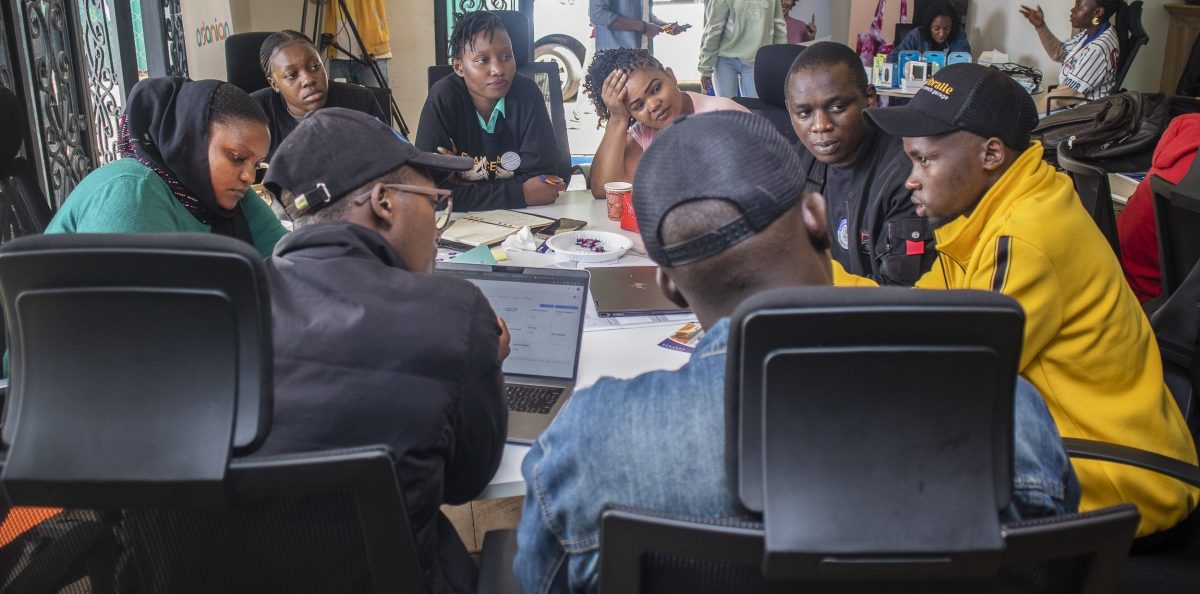Global VC Flourish launches Madica, an Africa-focused program to back pre-seed stage startups • ZebethMedia
Access to funding and lack of support systems are some of the greatest challenges faced by startup founders in sub-Saharan Africa. And while venture capital and founder support programs within the continent are growing, a lot still remains to be done to meet the financing, technology and social capital needs of the especially marginalized groups like women founders. It is these gaps that continue to inspire the development of new programs like Madica by US-based venture capital firm Flourish Ventures, which hopes to lessen the burdens of building startups. Launched today, Madica is a pan-African investment program that aims to offer funding, technology support, and mentorship to underrepresented founders across the continent. The sector-agnostic program targets technology startups in the pre-seed stage, which is where most ideas fail. The program has set aside $6 million for investment in up to 30 African startups, each receiving up to $200,000 in exchange for equity, availing the much needed funding. The initial investment phase will run for three years. “Although investment is booming on the continent, funds are often disproportionately targeted at a few well-networked entrepreneurs and skewed towards the more prominent tech hubs… Madica is sector-agnostic and intends to double down on providing hands-on support, extensive resources, access to networks and more. This is why in addition to $6M of investment capital, we have reserved an equal amount for programmatic support,” said Manica’s head, Emmanuel Adegboye. “We encourage founders across the continent to apply for our program. We believe Africans have an unmatched entrepreneurial spirit, and one of Madica’s core goals is to ensure a level playing field for every African founder,” he said. Madica said it is also keen on reaching underserved markets in the continent, outside the well-established hubs of Egypt, Kenya, Nigeria, and South Africa. This is part of its push to ensure a pan-African reach by supporting local, and women founders. To qualify for the program, founders need to be working on their idea full-time, have a minimum viable product, and should have received little or no institutional funding. Application and admission to the program will be on a rolling basis. Madica is also partnering with AfriLabs, Pariti, Africa Early Stage Investor Summit, CELO foundation, and Rising Tide to identify entrepreneurs to support. Participating founders will be matched with mentors including Isis Nyong’o, the Asphalt & Ink partner; Ceviant Finance co-founder, Idris Saliu, and Wendy Hoffman, the Capital Legal Counsel at The Delta. “Madica is an investment in the African venture ecosystem, with the audacious goal of creating a broader systemic shift. Through Madica, we intend to develop a cadre of mentors, create world-class programming, crowd-in follow-on capital and leverage Flourish’s global presence to extend the reach of local networks. These will eventually benefit other participants in the ecosystem – startups, investors, and policymakers,” said Ameya Upadhyay, the venture partner at Flourish Ventures, an early-stage fintech VC whose portfolio includes Nigeria’s Flutterwave and Paga. “We hope that Madica can help change the narrative around African startups – lower the perception of risk, attract more capital, inspire more founders, and garner more media attention,” said Upadhyay.









